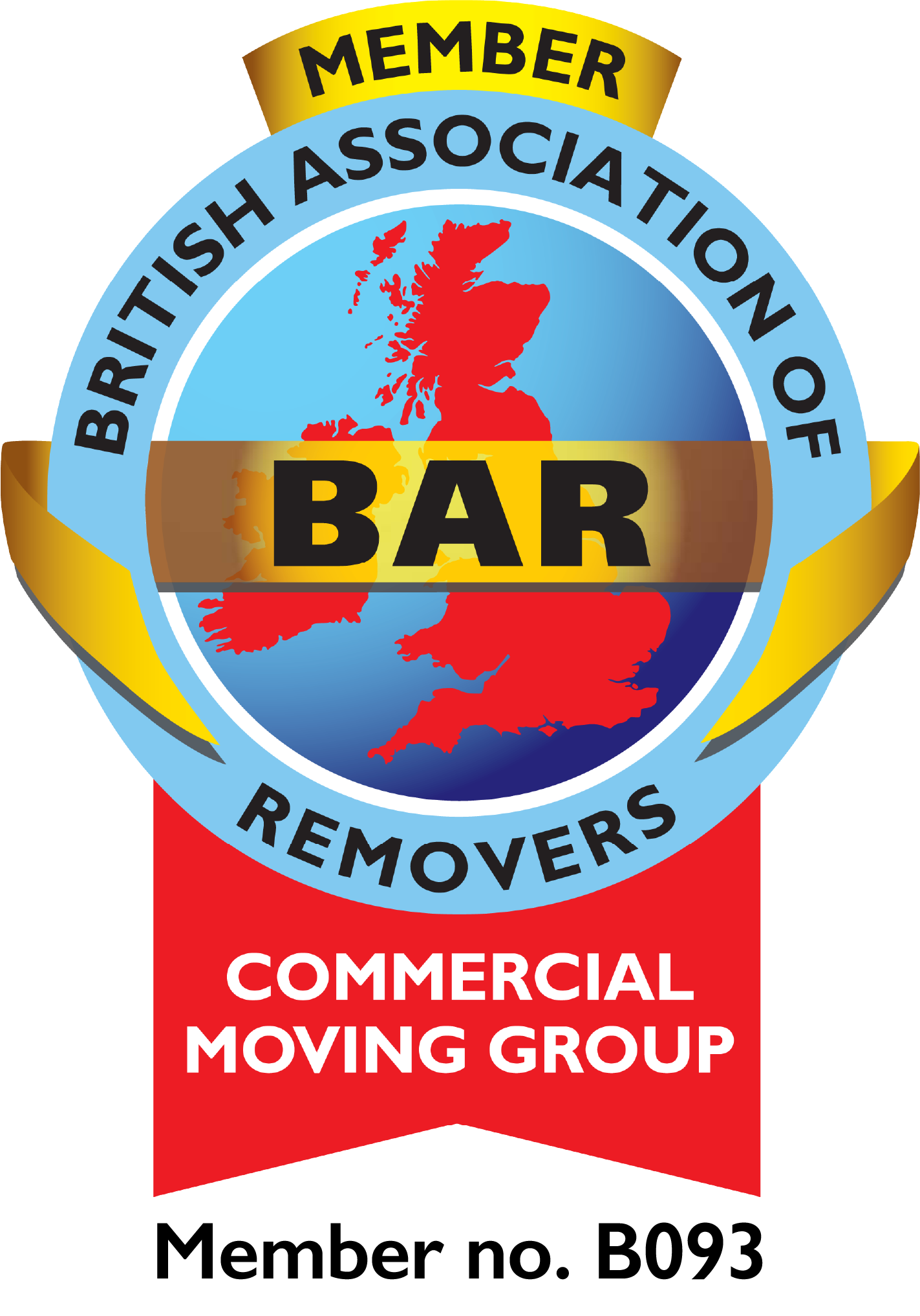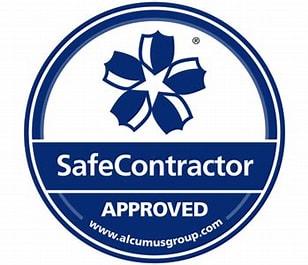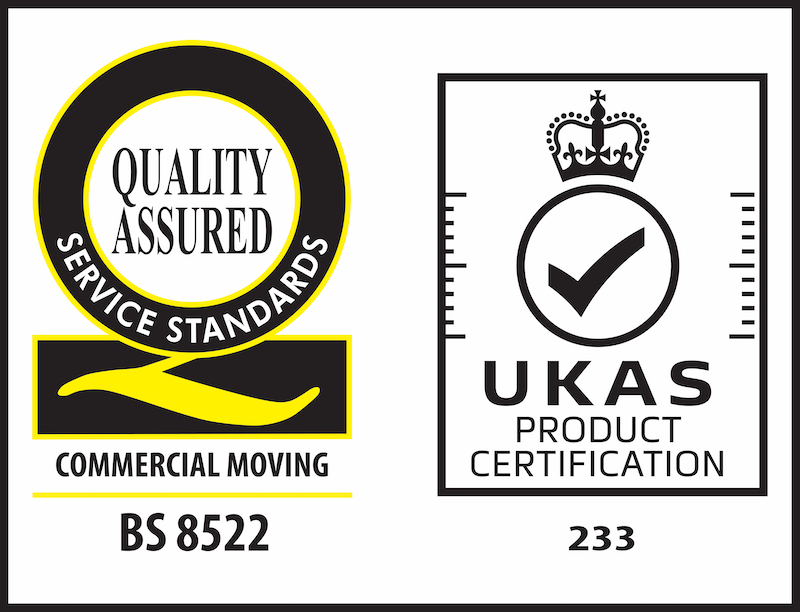2025 CoreNet Global Summit EMEA: Workplace innovation and the future of corporate real estate
The message was clear: innovation and workforces are inseparable, and businesses are thriving with collaborative workplaces that reflect their cultures.

MORE STORIES
- Page 7 of 26
Please click here to chat through what you'd like your Success Story to be.
Earlier this month, corporate real estate (CRE) leaders from around the world gathered in Amsterdam for CoreNet Global’s EMEA Summit 2025.
Business Moves Group's (BMG) sales executive, Mathew Rathbone, represented the international network Office Moving Alliance (OMA) at the three-day event to explore the "Innovate to Thrive" theme.
The summit was a hub for candid conversations around the future of workplace strategy, technological integration, and sustainable portfolio management within the CRE profession.
AI advancements, location decisions, and emerging markets were central to the theme of innovation, but there was a distinctly human element to every conversation. Organisations are considering more central locations for employees who commute there, offices are being reimagined to support collaboration and support hybrid working, and sustainability initiatives ensure that offices are environmentally friendly, but also designed with efficiency in mind.
At CoreNet 2025, the message was clear: innovation and workforces are inseparable, and businesses are thriving with collaborative workplaces that reflect their cultures.

Mathew Rathbone and marketing manager Mai Chuthaphon at OMA's stand.
Biggest challenges in CRE today
In the “Hard Truths, Smart Moves: Creating Solutions for Today’s Toughest CRE Challenges” talk, an expert panel discussed the fourth edition of Knight Frank’s Global (Y)OUR Space research, a report highlighting the challenges of CRE today. It found that the greatest challenge for CRE leaders is portfolio rightsizing and achieving agility. Not to be confused with downsizing, the panel highlighted that rightsizing is an opportunity for organisations to streamline their services to target the needs of employees and business goals.
However, with 40 per cent of organisations expecting relocation activity in their next strategic planning stage, and nearly half agreeing that hybrid workstyles will dominate in the next three years, (Y)OUR Space found that less than half of its respondents are tackling that issue now.
Cost and logistical complications will always remain an obstacle to relocation, but surveying workplaces now mitigates the need for reactive relocation if employee and business needs are not met by current real estate.
The second greatest challenge in CRE was found to be responding to and aligning with overarching business strategy. Only 23.8 per cent of leaders agree that their strategy is fully aligned with business goals, and the panel discussed that CRE strategy needs to be a data-driven dialogue within organisations. This will help position it as fundamental to achieving business objectives and future competitiveness - enabling market expansion, talent strategy execution, and net zero target delivery through strategic portfolio management.
From remote work to in-person collaboration
A recurring theme was collaborative workspaces in modern office design. Drawing insights from Gensler’s Global Workplace Survey, speakers acknowledged that while remote work capabilities have advanced significantly, the value of physical spaces for collaboration remains irreplaceable. Gensler’s report highlighted that employees who have access to well-designed collaborative environments report higher levels of job satisfaction and productivity compared to those working in traditional or purely remote settings.
While 30 per cent of offices have been reimagined since COVID-19, many have not changed, even though demand for flexible co-creation and event spaces is much higher than for traditional spaces like conference rooms. Organisations are encouraged to create memorable workplace experiences, recognising that distinctive environments leave lasting impressions that routine spaces cannot. Well-designed offices are the first step to great workplace collaboration.
Companies are innovating by creating adaptable spaces that facilitate both planned meetings and spontaneous interactions. The emphasis has shifted from providing individual workstations to creating environments that support connection, creativity, and collective problem-solving that cannot be replicated in virtual environments.
Place vs space: weighing up workplace experience and location
Among the thought-provoking sessions, the "Place vs Space: Does Workplace Experience Matter More Than Location?" panel featured discussions on the importance of workplace location in a post-pandemic world. Industry leaders from organisations including Zoom, Wise, and Keywords Studios shared their strategic approaches to balancing location decisions with experiential design.
Traditional location decision-making frameworks have evolved significantly as organisations consider hybrid working models. The significance of employee commutes and the need for flexible office designs is leading to some organisations swapping their office locations for more central options.
However, centralising is not always the best way to increase productivity. The panel discussed the importance of offices attracting talent and building community engagement by focusing on their proximity to other organisations in the same sector.
An audience poll revealed a strong preference for place, with many participants discussing the importance of location in business strategy. The optimal approach balances both elements, with organisations needing to consider how both location and space can meet business goals and employee needs among dynamic workplace advancements.
Employee resistance remains a barrier to relocation, but clear communication and an understanding of the relocation’s purpose are key to successfully rightsizing.
Future workplace considerations
Looking ahead, several key trends are shaping the industry's future. The shift toward collaborative spaces reflects a broader understanding that physical environments must actively contribute to business outcomes rather than simply house employees.
Technology integration is becoming more strategic, with companies using data analytics to understand how spaces are actually used, versus how they're designed to be used. This insight tackles this issue of rightsizing and achieving agility by driving smarter decisions about space allocation, from reducing underutilised conference rooms to creating more flexible areas that can adapt throughout the day.
The human-centred approach to innovation emerged as a key differentiator, with successful organisations recognising that workplace effectiveness depends as much on employee experience as on operational efficiency.
Supporting CRE throughout Europe
It was a privilege to be among CRE’s great leaders at this year’s summit. Whether you are relocating, looking for storage solutions, or are interested in furniture management, BMG is committed to contributing to thriving workplaces.
As the UK partner of the Office Moving Alliance, a global network of leading relocation and workplace change companies, we facilitate seamless office moves across the globe.
If you’d like to discuss how we can support your CRE strategy, fill out a short enquiry form and one of our team will get back to you.
Visit our international support page to find out more.
MORE STORIES
- Page 7 of 26
Please click here to chat through what you'd like your Success Story to be.





